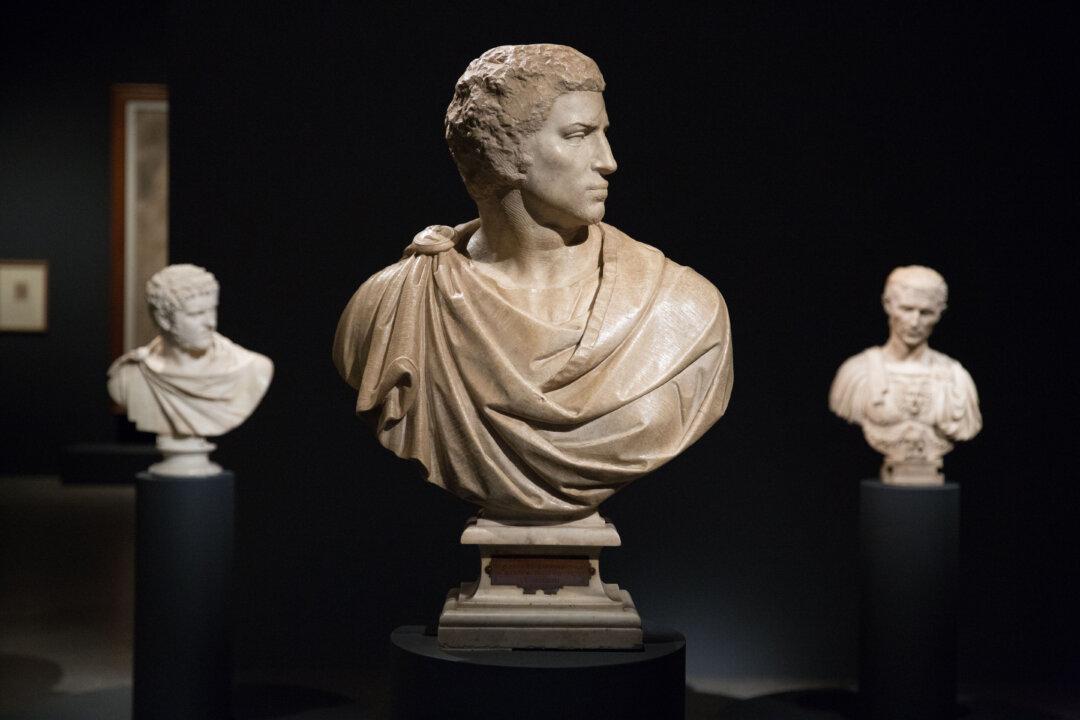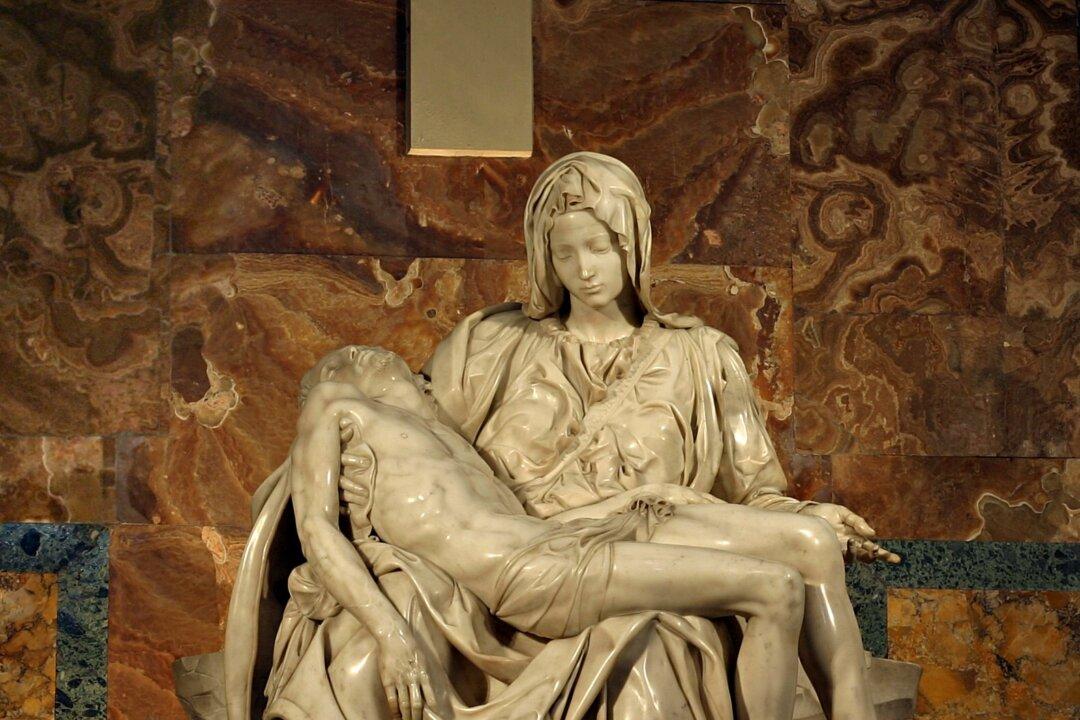It is an extraordinary thing that in all those arts and all those exercises wherein at any time women have thought fit to play a part in real earnest, they have always become most excellent and famous in no common way, as one might easily demonstrate by an endless number of examples. Everyone, indeed, knows what they are all, without exception, worth in household matters; besides which, in connection with war, likewise, it is known who were Camilla, Harpalice, Valasca, Tomyris, Penthesilea, Molpadia, Orizia, Antiope, Hippolyta, Semiramis, Zenobia, and, finally, Mark Antony’s Fulvia, who so often took up arms, as the historian Dion tells us, to defend her husband and herself. But in poetry, also, they have been truly marvellous, as Pausanias relates. Corinna was very celebrated as a writer of verse, and Eustathius makes mention in his “Catalogue of the Ships of Homer”—as does Eusebius in his book of “Chronicles”—of Sappho, a young woman of great renown, who, in truth, although she was a woman, was yet such that she surpassed by a great measure all the eminent writers of that age. And Varro, on his part, gives extraordinary but well-deserved praise to Erinna, who, with her three hundred verses, challenged the fame of the brightest light of Greece, and counterbalanced with her one small volume, called the “Elecate,” the ponderous “Iliad” of the great Homer. Aristophanes celebrates Carissena, a votary of the same profession, as a woman of great excellence and learning; and the same may be said for Teano, Merone, Polla, Elpe, Cornificia, and Telesilla, to the last of whom, in honour of her marvellous talents, a most beautiful statue was set up in the Temple of Venus.
Passing by the numberless other writers of verse, do we not read that Arete was the teacher of the learned Aristippus in the difficulties of philosophy, and that Lastheneia and Assiotea were disciples of the divine Plato? In the art of oratory, Sempronia and Hortensia, women of Rome, were very famous. In grammar, so Athenæus relates, Agallis was without an equal. And as for the prediction of the future, whether we class this with astrology or with magic, it is enough to say that Themis, Cassandra, and Manto had an extraordinary renown in their times; as did Isis and Ceres in matters of agriculture, and the Thespiades in the whole field of the sciences.






